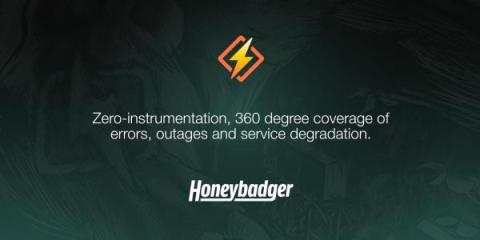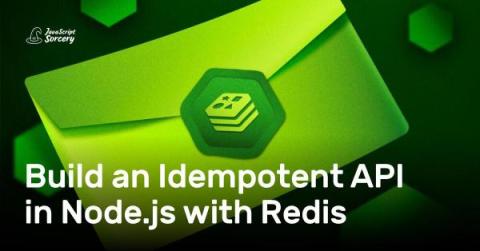Node.js Timeout Tactics: A Complete Handbook
Node.js is a powerful platform for building scalable and efficient server-side applications. One essential feature of Node.js development is managing timeouts effectively. Timeouts help handle various scenarios, such as preventing requests from hanging indefinitely or executing tasks within a specific timeframe. Let's get into the timeouts as time is out, what timeouts mean, and why they are necessary for Node.js applications.










